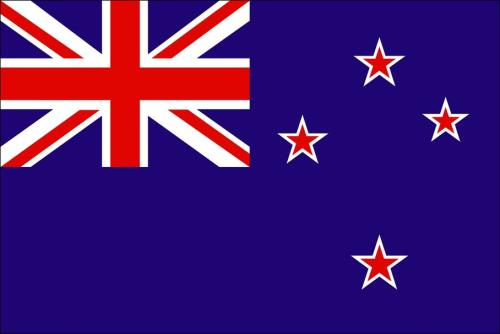color: rgb(102, 102, 102); font-family: 瀹?浣?; font-size: 14px; line-height: 22px;">
Ap是Advanced Placement的缩写,即美国大学/" target="_blank">大学预修课程/" target="_blank">课程。指由collegeboard提供的在高中/" target="_blank">高中授课的大学课程。美国高中生可以选修这些课程,在完成课业后参加ap考试/" target="_blank">考试,得到一定的成绩后可以获得大学学分。一般修一门大学的课程要花费/" target="_blank">花费数千美元,而参加AP考试只需要82美金,因此选修Ap课程不仅可以展现学生/" target="_blank">学生的能力,它还是一种省钱/" target="_blank">省钱的措施。
这其中AP经济学有两门独立的考试:一是微观经济学,二是宏观经济学。每门考试设立的对象,都是有志于在高中阶段完成大学第一学期入门课程学习的有条件的学生。下面为大家介绍AP经济学考试中的13个要点,希望对大家的AP考试能够有所帮助。
1 、Fundamentals of Economic Analysis
Scarce Resources
Production Possibilities
Functions of Economic Systems
2、 Demand, Supply, Market Equilibrium, and Welfare Analysis
Demand
Supply
Market Equilibrium
Welfare Analysis
3、Elasticity, Microeconomic Policy, and Consumer Theory
Elasticity
Microeconomic Policy and Applications of Elasticity
Consumer Choice
4、The Firm, Profit, and the Costs of Production
Firms, Opportunity Costs, and Profits
Production and Cost
5、Market Structures, Perfect Competition, Monopoly, and Things Between
Perfect Competition
Monopoly
Monopolistic Competition
Oligopoly
6、Factor Markets
Factor Demand
Least-Cost Hiring of Multiple Inputs
Factor Supply and Market Equilibrium
Imperfect Competition in Product and Factor Markets
7、Public Goods, Externalities, and the Role of Government
Public Goods and Spillover Benefits
Pollution and Spillover Costs
Income Distribution and Tax Structures
8、 Macroeconomic Measures of Performance
The Circular Flow Model
Accounting for Output and Income
Inflation and the Consumer Price Index
Unemployment
9、 Consumption, Saving, Investment, and the Multiplier
Consumption and Saving
Investment
The Multiplier Effect
10、Aggregate Demand and Aggregate Supply
Aggregate Demand
Aggregate Supply
Macroeconomic Equilibrium
The Trade-off Between Inflation and Unemployment
11、Fiscal Policy, Economic Growth, and Productivity
Expansionary and Contractionary Fiscal Policy
Difficulties of Fiscal Policy
Economic Growth and Productivity
12、Money, Banking, and Monetary Policy
Money and Financial Assets
Fractional Reserve Banking and Money Creation
Monetary Policy
13、 International Trade
Comparative Advantage and Gains from Trade
Balance of Payments
Foreign Exchange Rates
Trade Barriers
以上就是AP经济学考试的13个要点,AP经济学每门考试都要求至少一学期的大学程度的学习。在同一年中,学生可以只参加一门考试或两门都参加。每门考试都各有一个分数。
我们精心为大家整理的《美国留学AP经济学考试13大问题解析》文章不知道大家满不满意,如果大家想了解更多AP相关的信息,请关注AP栏目。
本文来源:
https://shouye.dsxliuxue.com/kaoshi/AP/2014/0117/154.html



















